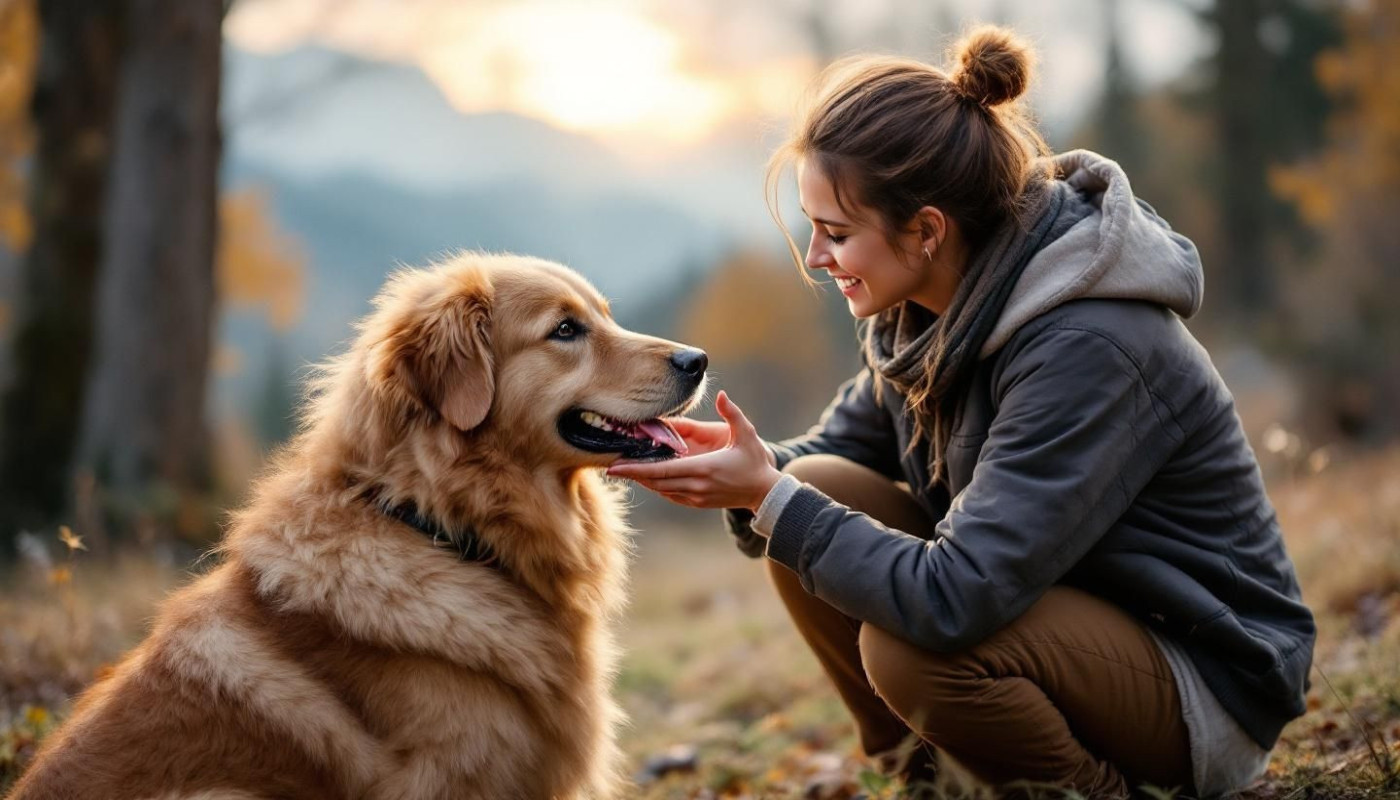Many people love the Australian Shepherd but are unaware of the sacrifices that must be made to raise him. If he is a super intelligent animal, it is because his education implies several efforts. Discover in this article the different information to take into account to succeed in the education of this animal.
The three different types of socialization to apply
Interspecific socialization represents the relationships that the Australian Shepherd can develop with species that are different from him. The Australian Shepherd is naturally an animal that is more attached to its master. Therefore, they quickly develop a defensive behavior against those they do not know. For this reason, you must quickly teach this animal to socialize with visitors and even other animals. This way, it will not develop strange behaviors at the sight of strangers. Environmental socialization is also very important for this animal. You should go to several places with this animal so that it can quickly develop the ability to adapt. Because the Australian Shepherd is an animal that adapts easily to the environment and places. As for intraspecific socialization, it concerns the relationship between this dog and dogs of other breeds. To facilitate the development of canine codes, you must organize meetings with other dogs. For more information, you can contact a canine professional.
Some important rules to follow
The greatest difficulty lies in channeling the energy of this animal. That's why you need to teach him good habits during his first month. These include waiting positions, different self-control rules, managing loneliness and frustration. And the sooner the better for you, because if you tolerate certain habits from the beginning you won't be able to forbid it afterwards. That's why you have to act quickly from the beginning. And by the way, this is a dog that is willing to learn and learn more. Being a really tough dog you can teach him some notions through the application of educational and playful games.
However, you must be firm and rigorous in the education of your dog. You must also be authoritative and know how to say yes or no when it is necessary. You must also reward your dog when it performs acts of lesson.
Similar

How to understand your horse?

How to train your dog not to chew?

What precautions should be taken when taking your dog to the beach in hot weather?

What do you need to know about adopting an Australian Shepherd?

